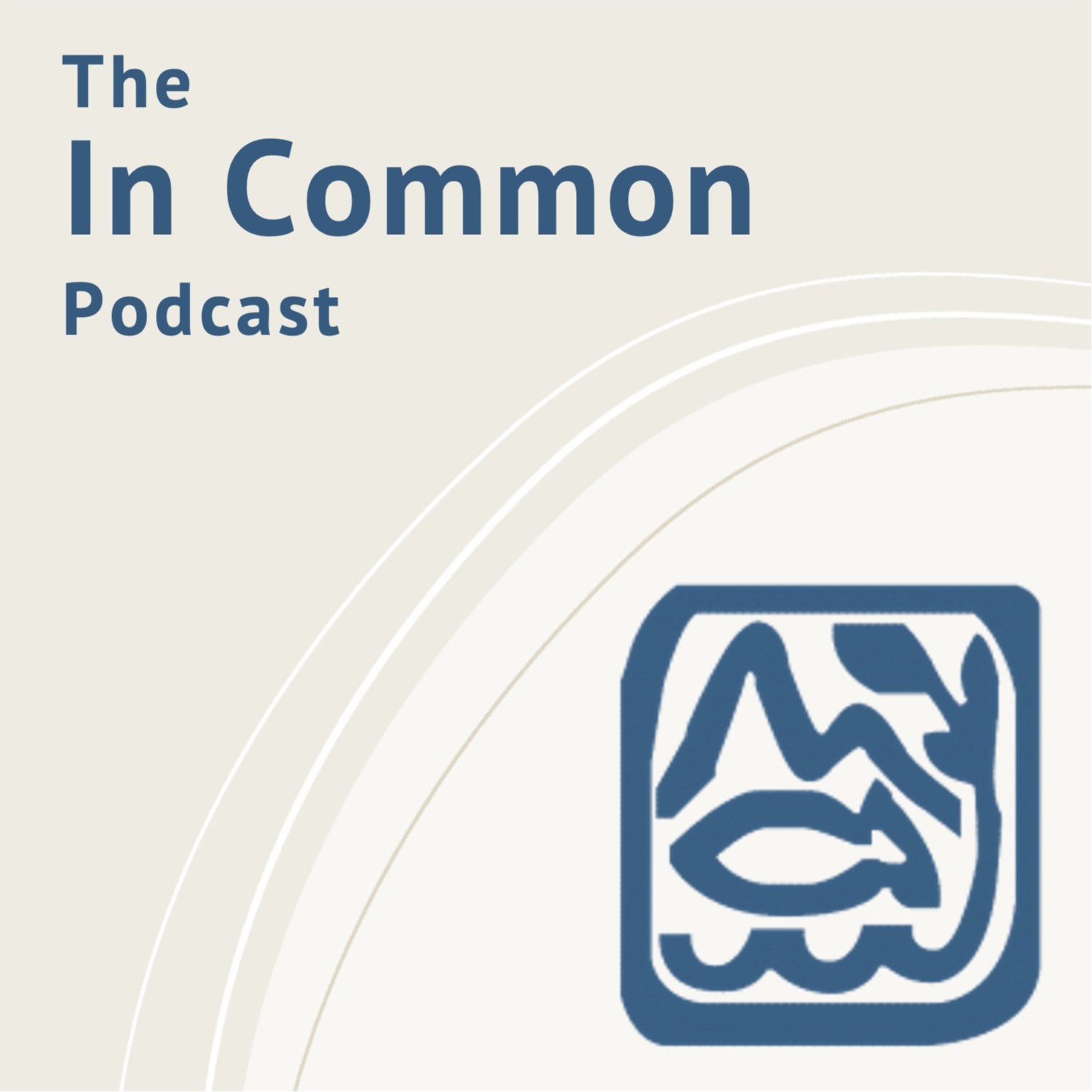
105.3K
Downloads
239
Episodes
In Common explores the connections between humans, their environment and each other through stories told by scholars and practitioners. In-depth interviews and methods webinars explore interdisciplinary and transdisciplinary work on commons governance, conservation and development, social-ecological resilience, and sustainability.
In Common explores the connections between humans, their environment and each other through stories told by scholars and practitioners. In-depth interviews and methods webinars explore interdisciplinary and transdisciplinary work on commons governance, conservation and development, social-ecological resilience, and sustainability.
Episodes
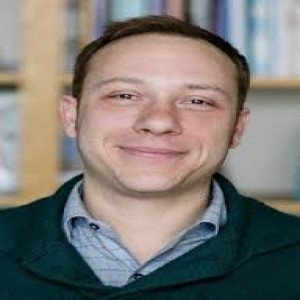
Monday Sep 07, 2020
053: Multiple methods for exploring the commons with Jacopo Baggio
Monday Sep 07, 2020
Monday Sep 07, 2020
In this episode Michael and Courtney spoke with Jacopo Baggio, an assistant professor at the School of of Politics, Security, and International Affairs at the University of Central Florida. Michael and Courtney spoke with Jacopo about his career path and his work examining the validity of Elinor Ostrom's design principles for long-lasting community-base resource management, as well as his more recent work exploring the role that cognitive diversity plays in the abilities of groups to produce shared public goods. A common theme throughout the conversation was the importance of adapting methods to research questions, rather than the other way 'round.
Jacopo's website: https://sciences.ucf.edu/politics/person/jacopo-baggio/
References for Jacopo's papers on cognitive diversity:
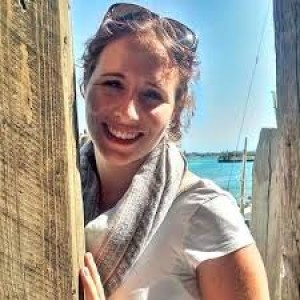
Monday Aug 31, 2020
Monday Aug 31, 2020
In this episode Michael and Stefan spoke with Jessica Gephart, an assistant professor of environmental science at American University. Jessica's research focuses on the feedbacks between globalized food systems and the environment, with an emphasis on seafood systems. Jessica, Stefan and Michael spoke about work she has done in trying to improve our accounting of seafood trade flows in order to better understand just where our seafood is going to and coming from, and why this is important to understand from an environmental sustainability perspective. They also talked about more recent work that Jessica has been doing to examine the impacts of the COVID pandemic on the seafood sector, and her professional identity as an interdisciplinary scholar focusing on applied social-ecological challenges.
Jessica's website: http://www.jessicagephart.com/
Paper from PNAS that is discussed:
Gephart, Jessica A., Halley E. Froehlich, and Trevor A. Branch. 2019. “Opinion: To Create Sustainable Seafood Industries, the United States Needs a Better Accounting of Imports and Exports.” Proceedings of the National Academy of Sciences of the United States of America 116 (19): 9142–46.
Footnote: We want to highlight a correction to the following statistics from what is stated in the interview. 90% of aquaculture production is produced by 10 countries, while 45 species make up 90% of aquaculture production.

Monday Aug 24, 2020
Insight #16: Liana Chua on the risk of interdisciplinarity
Monday Aug 24, 2020
Monday Aug 24, 2020
This insight episode is taken from full episode 036 of the podcast with Liana Chua.
Liana is a social anthropologist at Brunel University London with long-term ethnographic interests in Borneo, ethnic politics, development, more-than-human landscapes, visuality, and materiality. Her current research revolves around the social, political, aesthetic, and affective dimensions of the global nexus of orangutan conservation.
She received her PhD in Social Anthropology from the University of Cambridge, her MPhil in Social Anthropological Analysis from the University of Cambridge, and her BA in Modern History from the University of Oxford.
Liana’s university page:
https://www.brunel.ac.uk/people/liana-chua
Liana’s Twitter:
https://twitter.com/liana_chua?lang=en
Finding Sustainability Podcast
@find_sust_pod
https://twitter.com/find_sust_pod
Environmental Social Science Network
https://twitter.com/ESS_Network
@ESS_Network
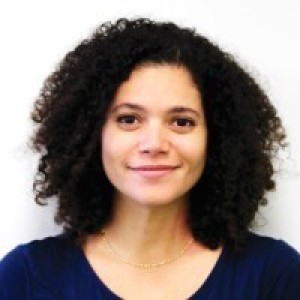
Monday Aug 17, 2020
051: Conservation modelling with Beatriz Dos Santos Dias.
Monday Aug 17, 2020
Monday Aug 17, 2020
In this episode, Michael spoke with Beatriz Dos Santos Dias. Beatriz is a Postdoctoral Researcher at the School of Aquatic and Fishery Sciences at the University of Washington. She is a part of the project Modelling and Stock Assessment of Prince William Sound Herring (in the Gulf of Alaska), and as part of her research, she is investigating the drivers of herring spawn timing to improve our knowledge about the population and its stock assessment models. Michael and Bia spoke about her experiences leading up to and including her PhD work at the University of Massachusetts, Amherst, and her current project.
Link to Bia's paper that is discussed, "Opening the tap: Increased riverine connectivity strengthens marine food web pathways":
https://journals.plos.org/plosone/article?id=10.1371/journal.pone.0217008
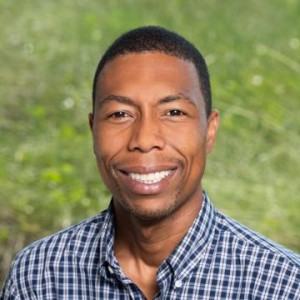
Tuesday Aug 11, 2020
050: Social impacts of marine conservation with David Gill
Tuesday Aug 11, 2020
Tuesday Aug 11, 2020
In this episode Michael spoke with David Gill, an assistant professor at Duke University's Marine lab within the Nicholas School of the Environment. David and Michael spoke about David's past experiences in the NGO sector, his postdoc experiences through the Smith Fellowship and at the National Social-Ecological Synthesis Center (SESYNC), and his more recent research at Duke on the heterogeneous impacts that marine conservation initiatives have on local groups.
David's website: https://nicholas.duke.edu/people/faculty/gill
Paper on conservation impacts that David and Michael discuss:
Gill, David A., Samantha H. Cheng, Louise Glew, Ernest Aigner, Nathan J. Bennett, and Michael B. Mascia. 2019. Social Synergies, Tradeoffs, and Equity in Marine Conservation Impacts. Annual Review of Environment and Resources 44:347-372.
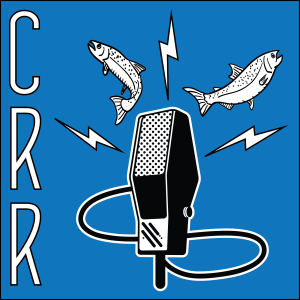
Monday Aug 03, 2020
049: Sharing podcasting experiences with Coastal Routes Radio
Monday Aug 03, 2020
Monday Aug 03, 2020
In this episode the whole FS team spoke with another group of podcasters from the Coastal Routes project (https://coastalroutes.org/). Together, Phil Loring, Hannah Harrison and Emily De Sousa run the Coastal Routes Radio “Social FISHtancing” pocast about Fisheries and COVID-19. They also produce "Pubcasts": abridged and annotated versions of scientific publications read by the authors. Each group discussed how their project got started, their process for creating episodes, how their podcasting fits into their broader professional lives, and the impacts that the project has had on the team members. Check them out!
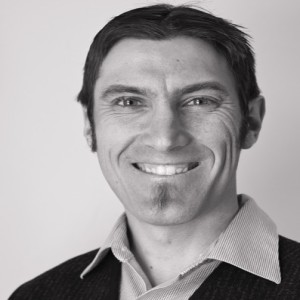
Monday Jul 27, 2020
Insight #15: Steven Alexander on qualitative data sharing
Monday Jul 27, 2020
Monday Jul 27, 2020
This insight clip is taken from episode 029, Stefan and Michael's interview with Steven Alexander.
Steven is a Science Advisor based at Fisheries and Oceans Canada and holds an appointment as Adjunct Assistant Professor in the Faculty of Environment, University of Waterloo. Steven began working at the science-policy interface as a Mitacs Canadian Science Policy Fellow. Prior to this he was a Postdoctoral Research Fellow affiliated with both the National Socio-Environmental Synthesis Center in the US and the Stockholm Resilience Centre in Sweden. He calls himself an environmental social scientist, and his research focuses on community-based conservation and natural resource management, environmental governance, and the human dimensions of environmental change.
Steven’s Google Scholar
https://scholar.google.ca/citations?user=naPWaUwAAAAJ&hl=en
Steven’s twitter
https://twitter.com/salexander_11?lang=en
Steven’s ResearchGate profile
https://www.researchgate.net/profile/Steven_Alexander2
Qualitative data sharing paper published in Nature Sustainability
https://www.nature.com/articles/s41893-019-0434-8
Qualitative Data Sharing Resources:
https://www.sesync.org/for-you/cyberinfrastructure/research-and-tools/qualitative-data-initiative
Link to white paper from the Qualitative Data Initiative that was established at SESYNC:
Link to a webinar on qualitative data management as part of a broader Webinar series run by Data ONE
https://www.dataone.org/webinars/qualitative-data-management-interdisciplinary-research
Link to a webinar on social network analysis as part of a new series organized by Michael Schoon and the Programme on Ecosystem Change and Society’s (PECS) Collaborative Governance and Management Working Group
Finding Sustainability Podcast
@find_sust_pod
Environmental Social Science Network
https://twitter.com/ESS_Network
@ESS_Network
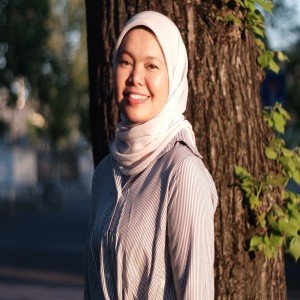
Monday Jul 20, 2020
Monday Jul 20, 2020
In this episode, Stefan interviews Irina Rafliana.
Irina is a science communication officer at the Indonesian Institute of Sciences (LIPI), and is also currently a PhD candidate at the German Development Institute in Bonn, Germany. Irina’s research is focused on disaster sociology, where she is examining the social construction of knowledge and technology in the implementation of a tsunami warning system in Indonesia aided by German partners. Irina has extensive experience working within the Indonesian science system, but also internationally.
In the podcast we discuss disaster risk in Indonesia around earthquakes and tsunamis, and the challenges surrounding the implementation of a tsunami warning system. Irina is studying the sociology of this process, how knowledge is constructed among the individual and organization involved, as well as the challenges with communicating this knowledge with local communities in Indonesia.
Indonesian Institute of Sciences (LIPI)
Germany Development Institute, Bonn, Germany
Finding Sustainability Podcast
@find_sust_pod
https://twitter.com/find_sust_pod
Environmental Social Science Network
https://twitter.com/ESS_Network
@ESS_Network
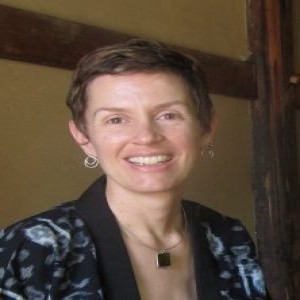
Monday Jul 13, 2020
Monday Jul 13, 2020
In this episode Michael spoke with Jacqui Bauer. Jacqui is the founder and CEO of Rentlab (https://www.rentlab.org/), an organization that works with cities to address the "split incentive problem" created by dividing the rights and responsibilities of tenants and landlords with respect to rental property. Michael and Jacqui discussed this project and Jacqui's previous work that led up to it, particularly her position as the sustainability director for the city of Bloomington, Indiana. Not coincidentally, Bloomington is where Michael attended Indiana University for graduate school. They talked a bit about their time there, as well as about their thoughts on the public vs. private sectors and how academia relates to each.
Finally, since the topic of the best pizza (at least in Bloomington and maybe the world) didn't come up, here is the website for Mother Bear's pizza: https://motherbearspizza.com/
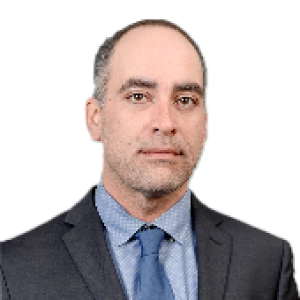
Sunday Jul 05, 2020
046: The sociology of science and interdisciplinarity with John Parker
Sunday Jul 05, 2020
Sunday Jul 05, 2020
In this episode Michael spoke with John Parker. John is a sociologist of science and a program director at the National Science Foundation (NSF) within its division of social and economic sciences. John and Michael spoke about John's experience at the NSF and the importance of mentorship and accumulative advantage in science, which challenge the way we think about "who is good" in a field, and how we judge this as a forced decision. John also discussed his work on "coherent groups" such as the Resilience Alliance (https://www.resalliance.org/), which he has studied at length. Finally, John and Michael discussed the too-often invisible work done by many people to support the outcomes that a much smaller number of individuals receive credit for. The implications of this work are far-reaching for all scientists as we struggle with the challenges of self-reinforcing power and privilege, increasing inequalities, and the collective-action problems we face when we try to produce public goods.
John's website and google scholar pages:
http://john-parker-wg6d.squarespace.com/
https://scholar.google.com/citations?user=euuurksAAAAJ&hl=en
